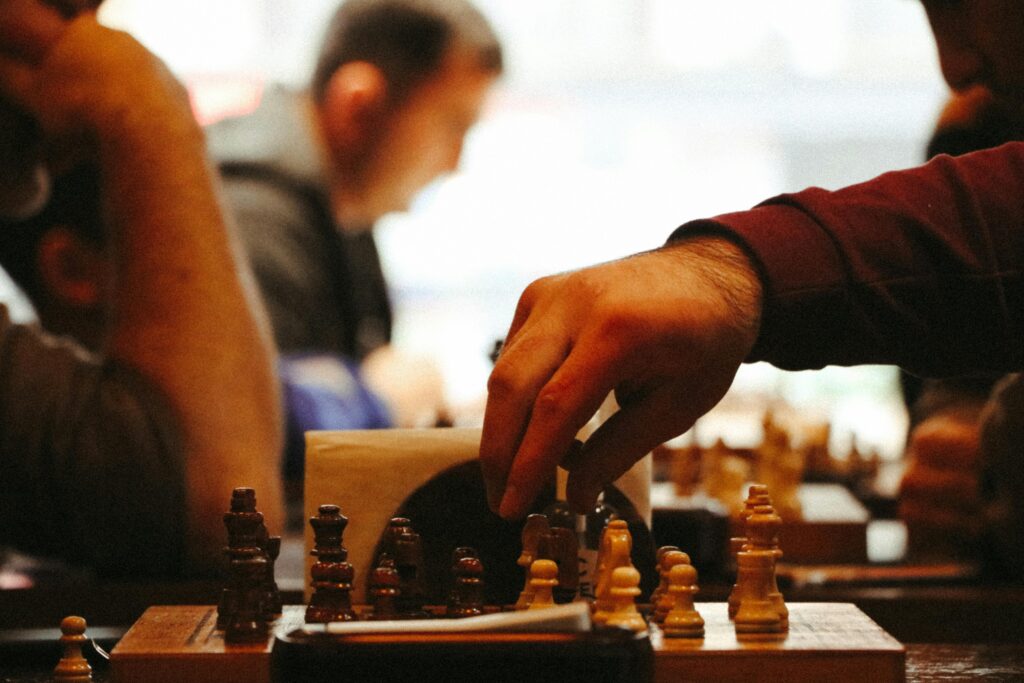Chess is not just a game. It teaches kids to think deeply, stay calm under pressure, and plan ahead. It’s like giving their brain a gym workout—but fun! Many parents want their children to learn chess because it helps them not only in school but also in life. But here’s the thing: not all chess classes are the same. Some are just casual playgroups. Some don’t follow a plan. And most don’t even track if your child is really improving.
Online Chess Training
Landscape of Chess Training in Dennistoun and Why Online Chess Training is the Right Choice
Dennistoun is a growing part of Glasgow. It’s full of life—cafes, parks, friendly people. But when it comes to finding strong chess coaching, it can be tricky. Yes, there are clubs. Yes, there are local coaches.
But here’s the hard truth: most of them follow no real structure. Kids go, play a few games, maybe learn an opening or two, and that’s it. There’s no real plan to help your child get better step by step.
Now think about this—what if your child could learn from the best coaches, without even leaving home?
That’s where online chess training comes in. It’s changing how chess is taught. No need to travel. No need to miss a class because of the rain or a busy schedule. You just log in and learn. Easy.
In Dennistoun, you may not always find the best chess coach nearby. But online, your child can learn from FIDE-certified experts. These are coaches who train kids from around the world—India, Canada, UAE, USA, you name it. They don’t just teach chess moves. They teach discipline, focus, and smart thinking.
And because it’s online, you can see how your child is doing. You can get reports. You can track progress. You can even watch recordings of the classes later if you miss them. That’s something no local chess club offers.
Let’s be honest—today’s world is fast, busy, and digital. Our kids are used to learning online. So why not make their chess learning smarter too?
How Global School of Chess is The Best Choice When It Comes to Chess Training in Dennistoun
Now let’s talk about the academy that is doing things right—Global School of Chess.
At Global School of Chess, everything is planned. There’s a proper step-by-step curriculum. Your child starts with basics like how the pieces move. Then they slowly learn deep strategies like tactics, defense, and endgames. It’s not just playing—it’s real learning.
Classes are live and interactive. That means your child can ask questions, play games with other kids from different countries, and even get personal feedback. The coaches are all certified, and they actually care about your child’s progress.
And this isn’t just for fun. The students here win real tournaments. They compete online every two weeks. They get ranked. They learn how to handle wins and losses with grace. That builds character.
Global School of Chess doesn’t just teach chess. It teaches confidence, patience, and smart decision-making. These are skills that stay with your child for life.
One more thing—there’s a free trial class. Yes, completely free. So you can try it out and see the difference for yourself.
You don’t have to drive anywhere. You don’t have to worry about timing. Just pick a slot, log in, and watch your child enjoy learning.
Offline Chess Training
Let’s talk about the way many of us first learned chess—face-to-face, in a local club or with a personal coach. In Dennistoun and other parts of Glasgow, you can still find some of these options. There might be a chess club meeting at the community center. Or maybe there’s a coach who teaches at a school or offers one-on-one classes at home.
At first, offline chess training can seem nice. You meet people. You play in person. You get to move real pieces on a real board. That sounds good, right?
But here’s where it falls short—there’s no structure. Most local coaches don’t follow a curriculum. One day your child might play a few games. The next day, they might be shown a puzzle. But there’s no long-term plan. No roadmap. Just random lessons here and there.
Also, offline classes depend a lot on time and travel. If it rains? You miss class. If the coach cancels? You wait. If your child is tired from school and doesn’t feel like going? The learning stops.
It’s also hard for parents to keep track. You can’t always sit in the class to see what your child is learning. There’s no recording to review. You’re just left hoping it’s working.
And let’s not forget the cost. Many offline lessons are expensive—especially private ones. Yet they don’t offer half of what a good online program like Global School of Chess gives.
Now, there’s nothing wrong with learning in person. But when we compare it side-by-side with structured, expert-led online classes, the difference becomes clear.
Drawbacks of Offline Chess Training
Offline chess training, while rooted in tradition, is facing real challenges in today’s fast-paced and digitally connected world. For families seeking effective, measurable learning for their children—and for chess businesses hoping to thrive—it’s important to look beyond nostalgia and examine the very real limitations of old-school, in-person chess education.
Inconsistency in Coach Quality and Teaching Methods
In local offline setups, the quality of chess instruction depends heavily on who is available nearby. But chess skill does not always equal teaching skill.
Many clubs rely on volunteers or retired players who may not have experience with child development, patience, or modern teaching techniques. And without oversight, one child’s learning experience can differ wildly from another’s—creating an unpredictable outcome for families and a branding nightmare for clubs.
Actionable Insight for Businesses: Build coach training modules that focus not just on chess knowledge, but on teaching soft skills like child engagement, communication, and curriculum delivery. Certification programs for local coaches could raise standards and offer a consistent brand experience.
Limited Customization for Each Child’s Learning Style
Offline sessions are usually group-based and time-bound. There’s little room to pause and focus on one child’s weaknesses. A shy child may go unnoticed. A fast learner may get bored. In short, offline learning often moves at the speed of the group—not the individual.
Actionable Insight for Parents: If you must go with an offline program, ask whether there is a written lesson plan and how progress is tracked. Look for programs that offer regular skill assessments and one-on-one review sessions.
For Clubs: Introduce a hybrid model where offline sessions are paired with digital homework, personal coaching slots, or progress dashboards. This increases personalization without losing the in-person feel.
No Data or Analytics to Measure Growth
In most local clubs, there’s no structured feedback loop. Parents are left guessing whether their child is improving. There’s no performance data, no growth charts, no lesson summaries.
And that’s a problem in a results-driven world where parents want to see tangible returns on their investment—especially when paying for extracurricular learning.
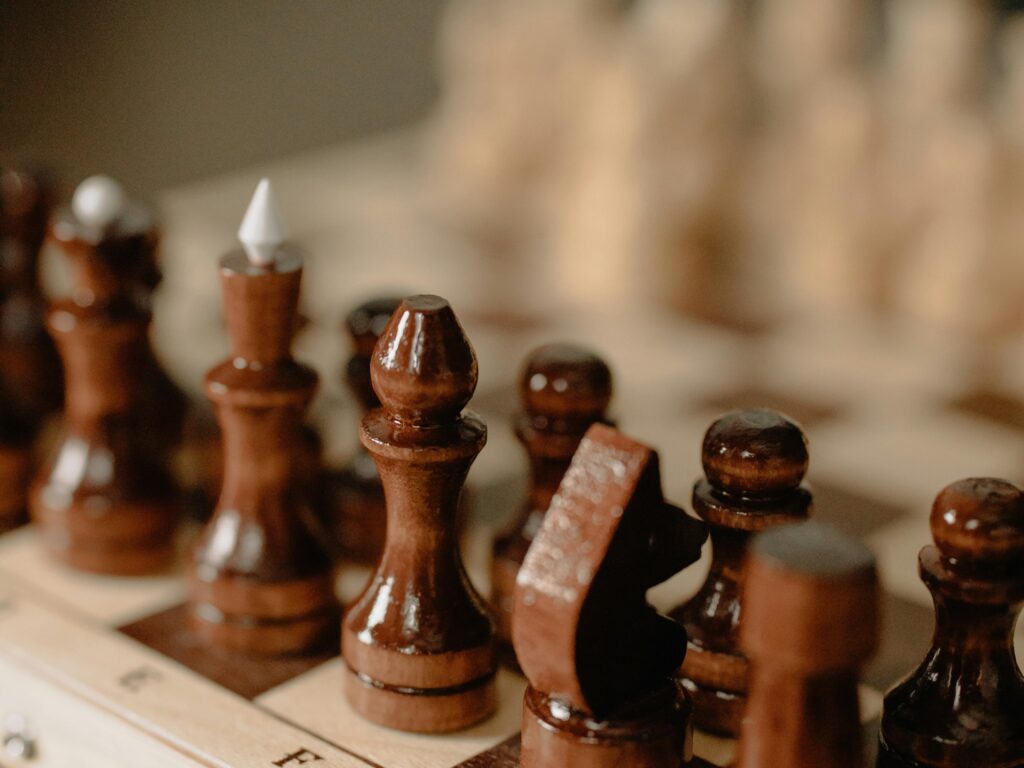
Actionable Insight for Clubs: Start simple. Use Google Sheets or free platforms to track player progress and share monthly reports with parents. Even basic analytics (games played, accuracy, improvement areas) can help you stand out and build long-term trust.
Low Scalability and High Operational Cost
Offline programs depend on physical space, fixed schedules, and manual coordination. That means fewer students, limited time slots, and high overheads. It’s a model that’s tough to grow without major cost increases. For parents, this often translates into higher fees without better outcomes.
Actionable Insight for Businesses: Rethink scalability. Can you convert parts of your curriculum into a digital format? Can you offer group theory classes online, while saving offline time for guided play? This hybrid model allows you to serve more students with lower fixed costs.
Social Distractions and Non-Learning Time
In many clubs, especially those held in community halls or open spaces, kids can be easily distracted. There’s idle chatter, downtime between games, and sometimes a lack of discipline. A one-hour session might have only 20-30 minutes of real learning. That’s not great value for time or money.
Actionable Insight for Parents: If your child is in an offline club, try sitting in on a session or two. See how much time is spent on actual learning. If it feels disorganized, it probably is. Online platforms often keep kids more focused because the environment is cleaner, quieter, and lesson time is maximized.
Best Chess Academies in Dennistoun, Glasgow
Global School of Chess
Let’s not waste time—Global School of Chess is hands-down the best chess academy for families in Dennistoun and really, anywhere in the world. That’s not just a bold claim. It’s backed by results, structure, care, and a full learning experience that no other academy comes close to.
So, what makes it so special?
It all starts with the mission—to help children grow not just as chess players, but as thinkers, problem solvers, and confident young leaders.
At Global School of Chess, learning chess is like learning a new language—but fun, playful, and filled with purpose. Kids don’t just move pieces. They learn why each move matters. They understand patterns. They begin to see the game like a story—one where they’re the hero, thinking ten steps ahead.
And all of this happens online. That means your child can learn from home, in a safe and quiet space, without you having to drive anywhere.
Here’s what you get with Global School of Chess:
Live, interactive classes – Every session is led by a real coach, not a recording. Your child can ask questions, get feedback, and feel like part of a class.
Certified, expert coaches – Every coach is FIDE-certified and has experience teaching kids from different countries. They’re not just good at chess—they’re good at teaching chess to young minds.
Structured learning paths – Every student starts at their level, and moves up step by step. There are clear goals. Clear lessons. And clear results.
Bi-weekly online tournaments – Every two weeks, kids test their skills in friendly, exciting tournaments. It builds courage, focus, and sportsmanship.
Progress tracking and reports – Parents get to see how their child is doing. You’ll get feedback, suggestions, and a clear path forward.
Personal attention – Even in group classes, coaches give personal attention. They spot each child’s strength and help with their weak points.
Free trial class – Yes, you can try a class for free. No strings attached. You’ll see how your child responds, and you’ll probably smile at how excited they get.
Now let’s talk results.
Kids from Global School of Chess don’t just improve—they shine. Some go on to play in national events. Others win school tournaments. But all of them grow—inside and out. They become more patient. They learn to think before they act. They grow confidence. And they learn how to bounce back from a loss with grace and grit.
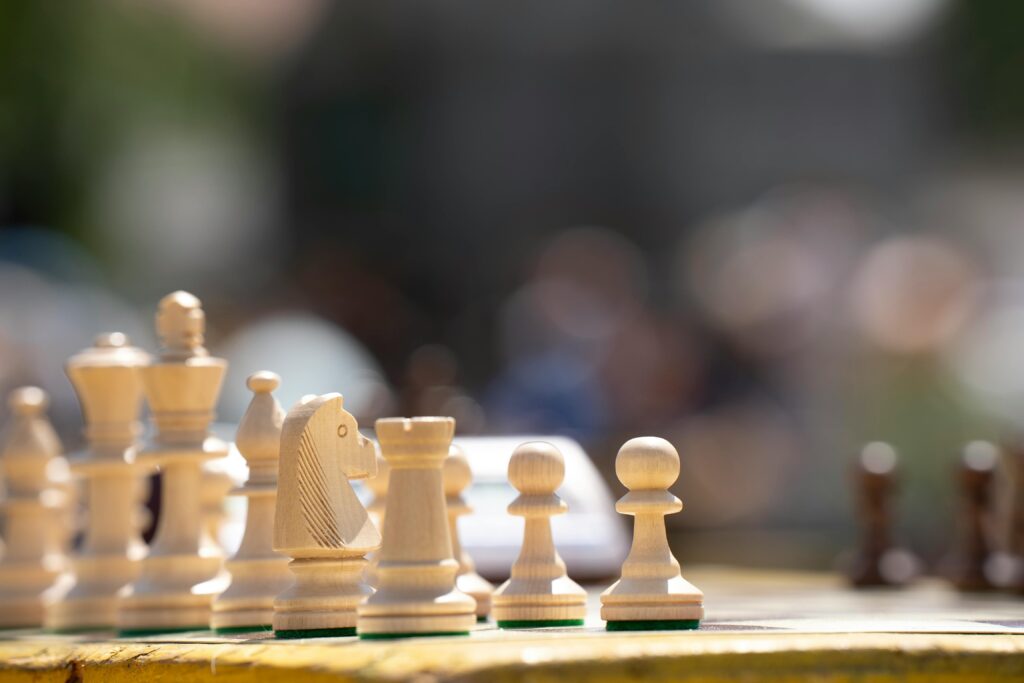
All of this, from the comfort of your home.
This is why families in Dennistoun, and in cities across four continents, are choosing Global School of Chess.
Because it’s not just about playing. It’s about growing.
And that’s the kind of training every child deserves.
Glasgow Polytechnic Chess Club
Established in 1919, the Glasgow Polytechnic Chess Club (GPCC) is one of the oldest active chess clubs in Glasgow. Located at Wellington Church, the club has a rich history and a strong presence in the local chess community.
GPCC participates in various leagues, including the Glasgow Chess League and the Dumbarton & District Chess Association, fielding multiple teams across different divisions.
While GPCC offers a welcoming environment for players of all levels and organizes regular tournaments and events, it primarily functions as a traditional chess club. The focus is more on casual play and community engagement rather than structured, curriculum-based training.
For beginners or those seeking a more systematic approach to learning chess, GPCC may not provide the comprehensive educational framework that online academies like Global School of Chess offer.
Edinburgh Chess Academy
The Edinburgh Chess Academy (ECA) is a prominent institution dedicated to teaching chess to children in a modern and engaging way.
Founded by chess master and national coach Andrew Green, ECA offers both in-person and online classes, catering to students from complete beginners to advanced players. The academy emphasizes a fun and welcoming environment, using a mix of lectures, technology, and over-the-board play to enhance learning.
While ECA provides quality instruction and has a structured approach, its physical location in Edinburgh may not be convenient for residents of Dennistoun. Although online classes are available, the academy’s primary focus remains on in-person sessions.
Additionally, the class sizes and frequency may vary, potentially affecting the consistency of instruction compared to the more flexible and globally accessible programs offered by Global School of Chess.
Chess Gaja
Chess Gaja is an online chess academy founded by Grandmaster and FIDE trainer Priyadharshan Kannappan. The academy offers structured online chess education programs for students worldwide, employing highly accomplished, FIDE-rated coaches.
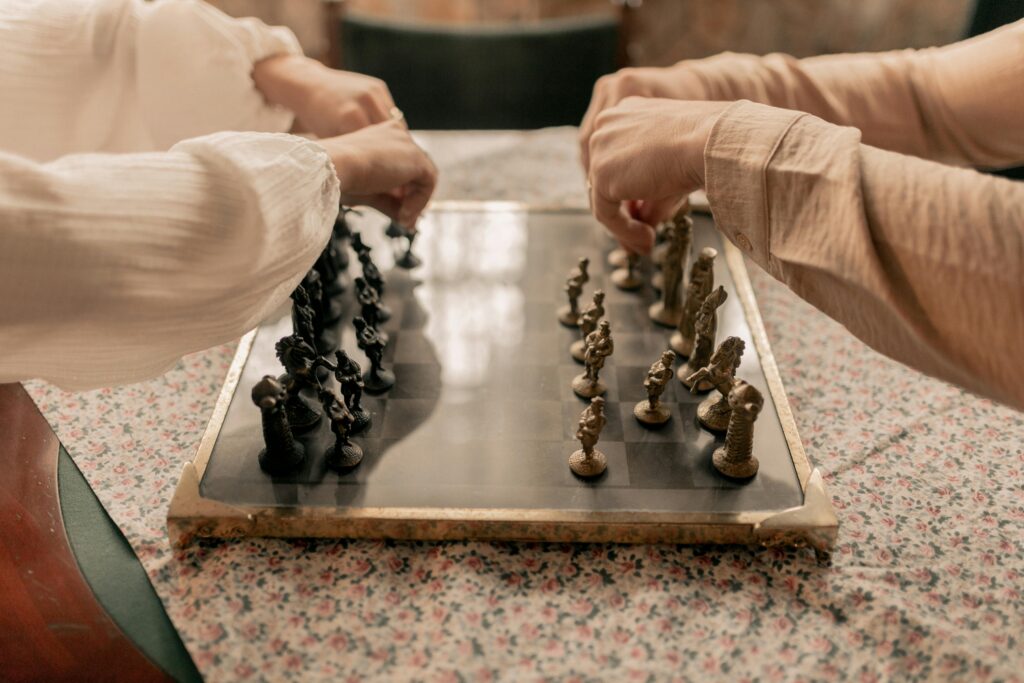
Chess Gaja utilizes a Learning Management System (LMS) to provide prompt feedback, mobile notifications, and easier tracking of class attendance.
While Chess Gaja delivers high-quality online instruction, its programs may be more suited for students aiming for competitive play at higher levels. For younger children or beginners seeking a more personalized and nurturing learning environment, the approach may feel intense.
In contrast, Global School of Chess offers a balanced curriculum that caters to all skill levels, emphasizing both skill development and personal growth.
Cathcart Chess Club
Cathcart Chess Club, founded in 1953, is one of the largest and longest-established chess clubs in Glasgow. Based in Giffnock, the club runs several teams and welcomes players of all strengths. Meetings are held on Monday evenings, providing opportunities for members to engage in casual and competitive play.
While Cathcart Chess Club offers a friendly atmosphere and a chance to play regularly, it operates primarily as a social club rather than a formal training academy. There is no structured curriculum or personalized coaching, which may limit the development of players seeking to improve systematically.
Global School of Chess, with its structured lessons and certified coaches, provides a more comprehensive learning experience for students aiming to enhance their chess skills.
Why Online Chess Training is The Future
The world is changing fast. The way kids learn, grow, and interact is no longer limited to just classrooms or after-school clubs. Everything has moved online—and chess is no different.
A few years ago, the idea of learning chess online may have seemed unusual. But today, it’s the smartest and most effective way to train.
Here’s why online chess training isn’t just a trend—it’s the future.
First, it’s all about accessibility. With online chess, your child can learn from the best coaches in the world, not just the best coach down the street. Whether you live in Dennistoun, Delhi, or Dubai, you have the same opportunity to learn from top-level instructors.
Second, flexibility is a game-changer. You don’t need to worry about missing a class because of traffic, weather, or last-minute schedule changes. Online classes are easy to join from anywhere—and many even offer recordings in case your child needs to catch up.
Third, there’s more structure. Unlike local clubs or informal lessons, top online academies like Global School of Chess follow a clear roadmap. Your child learns in steps. They go from beginner to expert level, with measurable progress. Every class builds on the one before. That’s real learning.
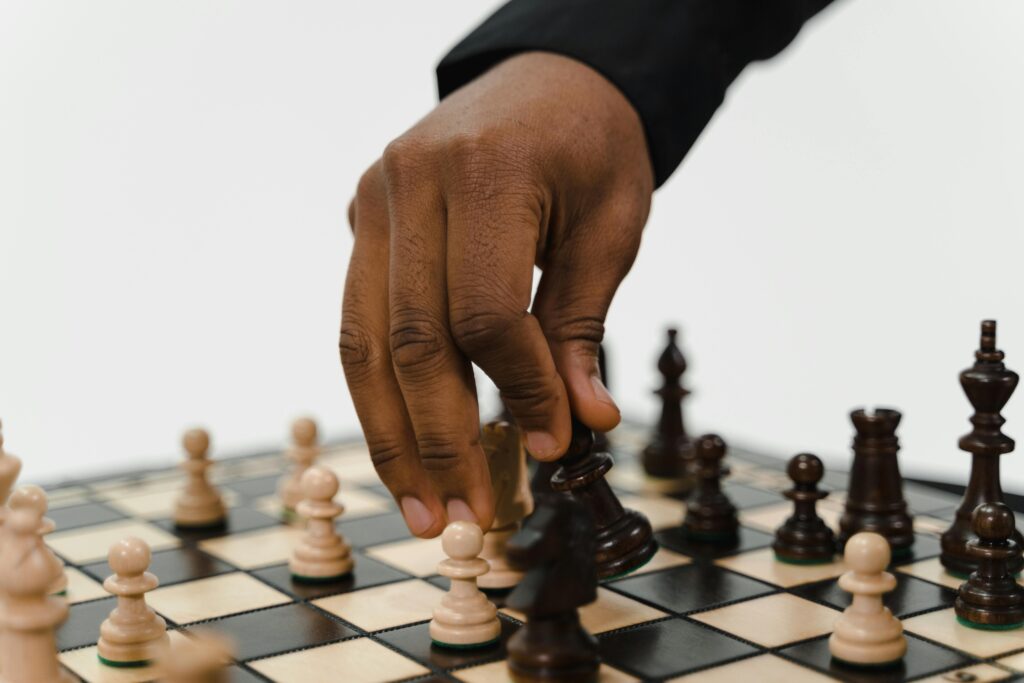
Fourth, online chess is interactive and personal. Coaches use digital boards, screen sharing, puzzles, and quizzes to keep kids engaged. And they get to play real games with other kids in the same class. It’s not just staring at a screen—it’s a real connection, with real coaching.
Fifth, parents are more involved. You get updates. You get progress reports. You can watch your child learn. You’re not left in the dark, wondering what they’re doing each week. That kind of insight makes a huge difference.
And let’s not forget—online training saves time. No more packing bags, waiting in parking lots, or spending money on transport. Everything happens in your living room, at a time that works for your family.
Now, combine all of that with top-level coaching, regular tournaments, and a global student community, and you start to see the big picture.
Online chess is not just a replacement for old-style training. It’s a better way forward.
Especially when you choose the right academy.
And that’s where Global School of Chess leads the way.
How Global School of Chess Leads the Online Chess Training Landscape
When we talk about the future of chess training, it’s clear—it’s online. But even among online academies, one name stands above the rest: Global School of Chess.
So, what makes Global School of Chess the leader in this new world of learning?
It all starts with heart.
This isn’t just a place where kids learn how to play chess. It’s a place where they’re seen, heard, and guided. Every coach knows that behind each student is a young mind full of potential. And they treat every lesson like a chance to build more than just chess skills—they build character.
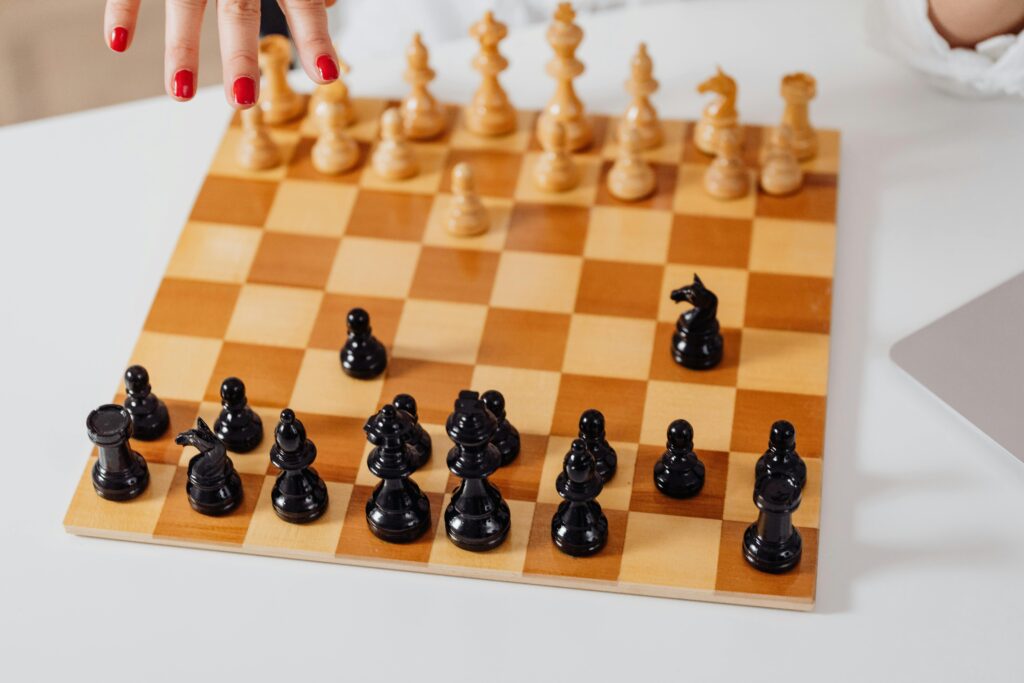
The academy’s entire program is designed to help kids grow step-by-step. Whether your child has never touched a chessboard or is already competing in tournaments, there’s a level and a path that fits perfectly. And it’s not guesswork. It’s a proven system.
But it doesn’t stop there.
Global School of Chess brings global talent right to your living room. Your child gets to learn from FIDE-certified coaches who have taught students in over nine countries across four continents. That’s a deep bench of experience, right at your fingertips.
Each class is live and interactive. Your child can ask questions, play games with other kids, and get instant feedback. It’s like having a top coach right beside them—except you don’t have to leave home.
And parents love it too. Why? Because everything is clear. You get updates. You see progress. You know exactly what your child is learning each week. And you can even watch recordings if you miss a class. That’s transparency. That’s peace of mind.
Plus, every two weeks, your child gets to compete in exciting online tournaments. These aren’t just games. They’re lessons in courage, focus, and sportsmanship. Kids learn how to win humbly and lose gracefully. They grow tougher. Smarter. Kinder.
And perhaps most powerful of all—your child becomes part of a global chess family. They meet kids from all over the world. They share games. They share laughs. And they grow together.
That kind of learning? You can’t find it in a local club.
Global School of Chess is leading not because it’s online, but because it does online right. With structure. With care. With world-class teaching. And with a whole lot of heart.
So, if you’re in Dennistoun—or anywhere in the world—and you want to give your child a gift that lasts a lifetime, this is the place.
Try a class for free. Watch how your child lights up when they learn their first strategy. See how quickly they begin to think ahead, stay calm under pressure, and get excited to learn more.
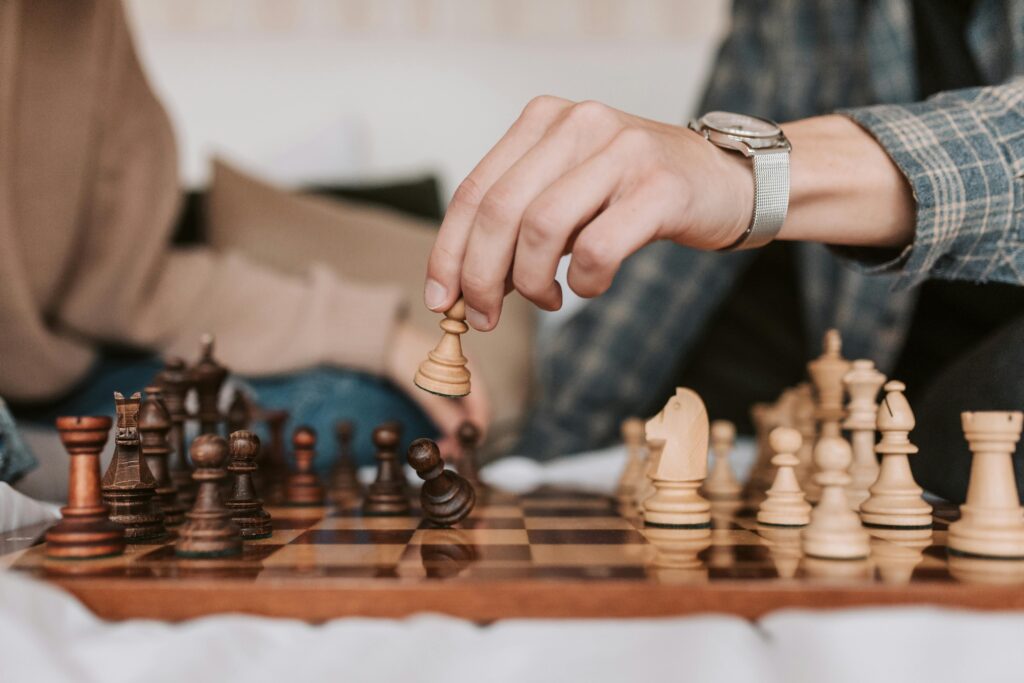
That’s the Global School of Chess difference.
It’s not just about chess.
It’s about raising smarter, stronger, more confident kids.
Wrapping It Up
Chess is more than just a game—it’s a powerful tool that shapes young minds. It teaches children to slow down, think clearly, and act wisely. In today’s fast-changing world, these are exactly the skills our kids need to thrive.
If you live in Dennistoun, Glasgow, or anywhere nearby, you now know your options. There are some good local clubs and offline choices, and they each bring something to the table. But when it comes to real growth, personal attention, and world-class training, nothing compares to the experience your child will get at Global School of Chess.

